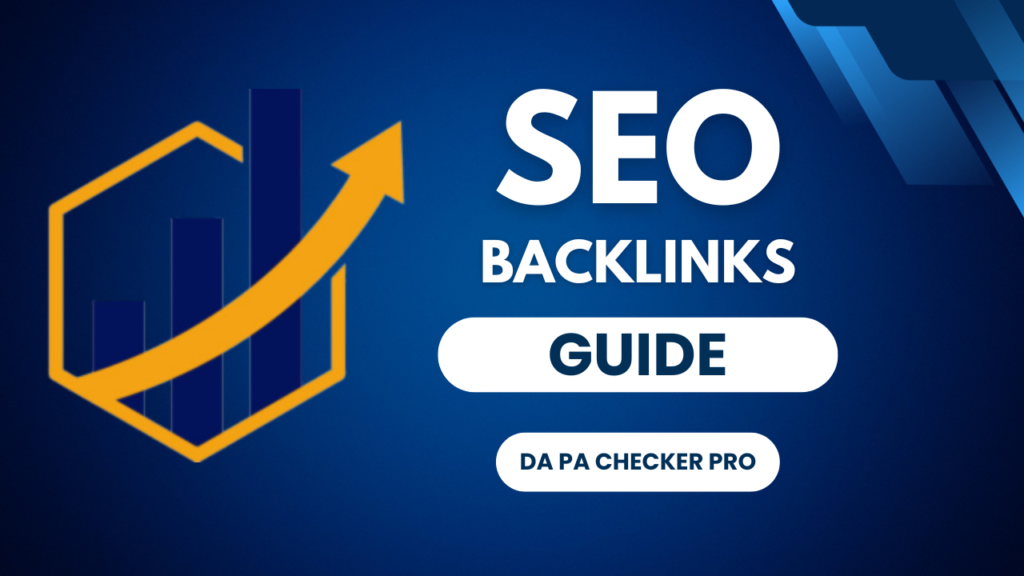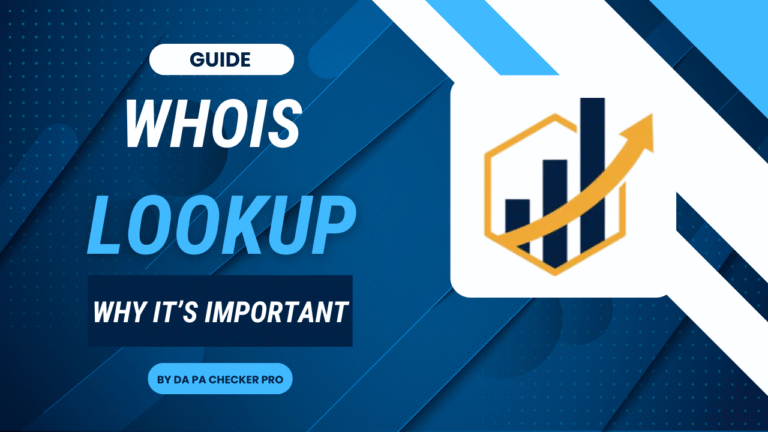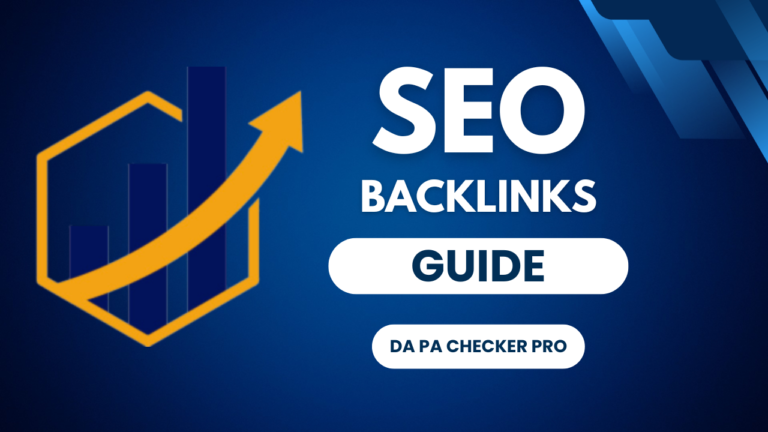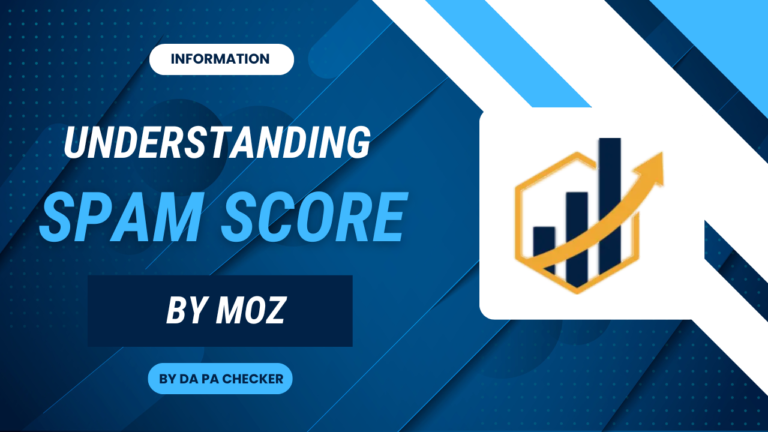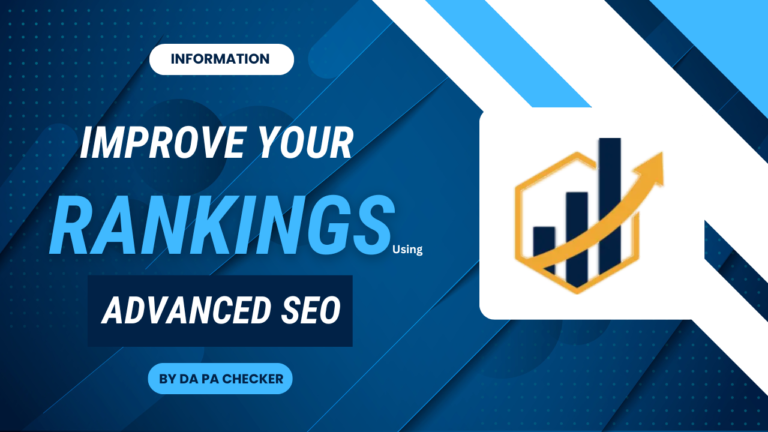Backlinks are an essential pillar of modern SEO (Search Engine Optimization). They act as endorsements from one website to another, signaling to search engines like Google that your content is valuable, trustworthy, and relevant. But not all backlinks are created equal, and understanding the nuances of acquiring and managing them effectively is key to improving your website’s visibility and authority.
This guide dives deep into the concept of backlinks, explaining their importance, how they impact SEO, and best practices for acquiring high-quality links in line with Google’s guidelines.
What Are Backlinks?
A backlink is a hyperlink from one website to another. When another site links to your page, it’s essentially vouching for your content, which search engines interpret as a signal of credibility. Backlinks can drive referral traffic and improve your site’s ranking in search results when managed correctly.
For instance, if an authoritative site like Moz links to your content, search engines may view your page as more reliable and rank it higher in search results.
Why Are Backlinks Important for SEO?
- Improved Rankings
Backlinks are among Google’s top ranking factors. Websites with strong backlink profiles often rank higher because the links act as votes of confidence in your content. - Increased Referral Traffic
Quality backlinks can drive traffic directly from the referring site to yours. If a popular blog links to your article, readers may click the link, bringing in a steady stream of visitors. - Enhanced Domain Authority
Google uses backlinks to assess the authority of your domain. Acquiring links from reputable sites in your niche signals that your site is a credible source of information.
Types of Backlinks
Not all backlinks are created equal. Understanding their differences helps you prioritize quality over quantity.
- DoFollow Links: These pass link equity (often called “link juice”) and influence rankings directly.
- NoFollow Links: These tell search engines not to pass link equity. While they don’t impact rankings directly, they can still drive traffic.
- Natural Links: Links earned organically when other websites find your content valuable.
- Manual Links: Links acquired through outreach or partnerships, such as guest posts.
- Toxic Links: Links from spammy or low-quality websites that can harm your SEO.
How to Build High-Quality Backlinks
Creating a strong backlink profile requires strategy, effort, and adherence to ethical SEO practices. Here’s how to do it:
1. Create Exceptional Content
Content is king. Publishing in-depth, well-researched, and original content increases the likelihood of earning backlinks.
- For example, a comprehensive guide like this can naturally attract backlinks from niche websites.
2. Leverage Guest Blogging
Writing articles for reputable websites in your industry can help you build valuable links. Always focus on providing value to the host site’s audience.
3. Engage in Broken Link Building
This involves finding broken links on other websites and offering your content as a replacement. Tools like Ahrefs can simplify this process.
4. Promote Your Content
Share your articles on social media, forums, and email newsletters to increase visibility. Higher visibility often leads to more natural backlinks.
5. Build Relationships with Influencers and Bloggers
Networking within your niche can open opportunities for collaborations and mentions.
6. Participate in HARO (Help a Reporter Out)
Contribute expert quotes to journalists in exchange for backlinks from authoritative media sites.
Google’s Guidelines for Backlinks
Google’s algorithms, such as Penguin, are designed to detect and penalize manipulative backlink practices. To stay compliant:
- Avoid buying backlinks or engaging in link schemes.
- Focus on relevance and quality over quantity.
- Disavow toxic backlinks using Google’s Disavow Tool.
Metrics to Evaluate Backlink Quality
Not all backlinks carry the same weight. Use tools like SEMRush or Majestic to evaluate:
- Domain Authority (DA): A measure of a website’s strength.
- Relevance: Links from sites within your niche are more valuable.
- Traffic: A high-traffic referring site signals quality.
- Anchor Text: Descriptive and natural anchor text improves link effectiveness.
Common Backlink Mistakes to Avoid
- Focusing on Quantity Over Quality: A few links from authoritative sites are better than hundreds from low-quality domains.
- Ignoring Relevance: Links from unrelated sites provide little SEO value.
- Using Manipulative Tactics: Buying links or using Private Blog Networks (PBNs) can lead to penalties.
Conclusion
Backlinks remain a cornerstone of SEO, but success lies in their quality, not quantity. Focus on creating valuable content, building genuine relationships, and following ethical practices to develop a strong backlink profile.
By adhering to Google’s guidelines and investing in high-quality link-building strategies, you can boost your website’s authority, enhance its search engine visibility, and ultimately drive more traffic.
For further insights on SEO and backlinks, visit resources like Google’s Webmaster Guidelines or Ahrefs Blog.

